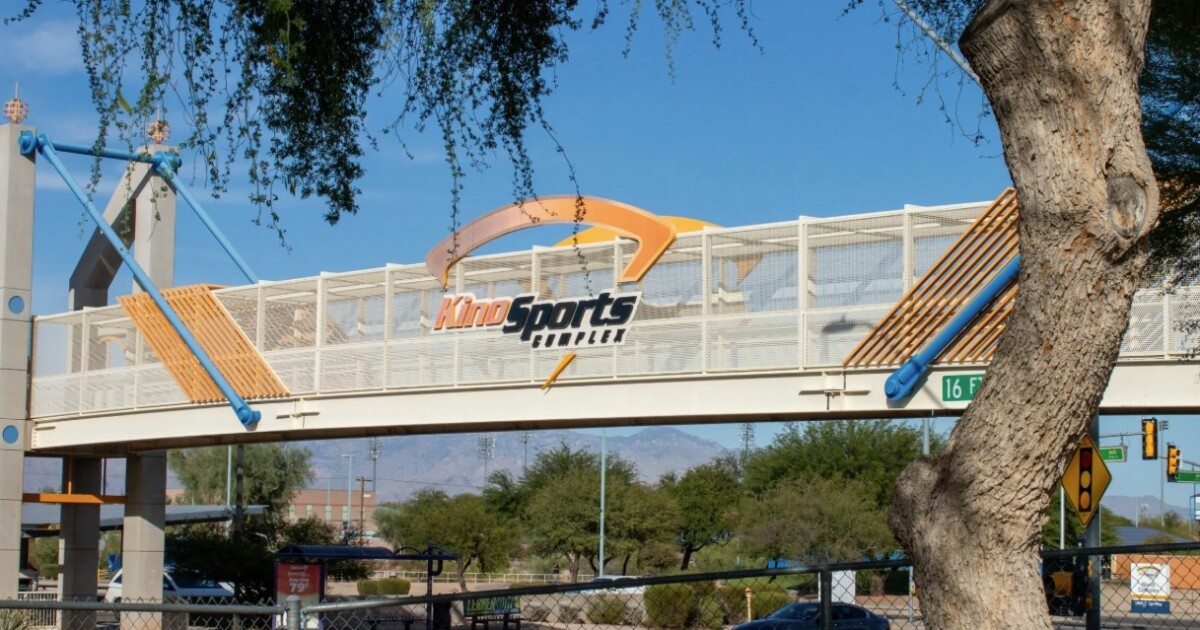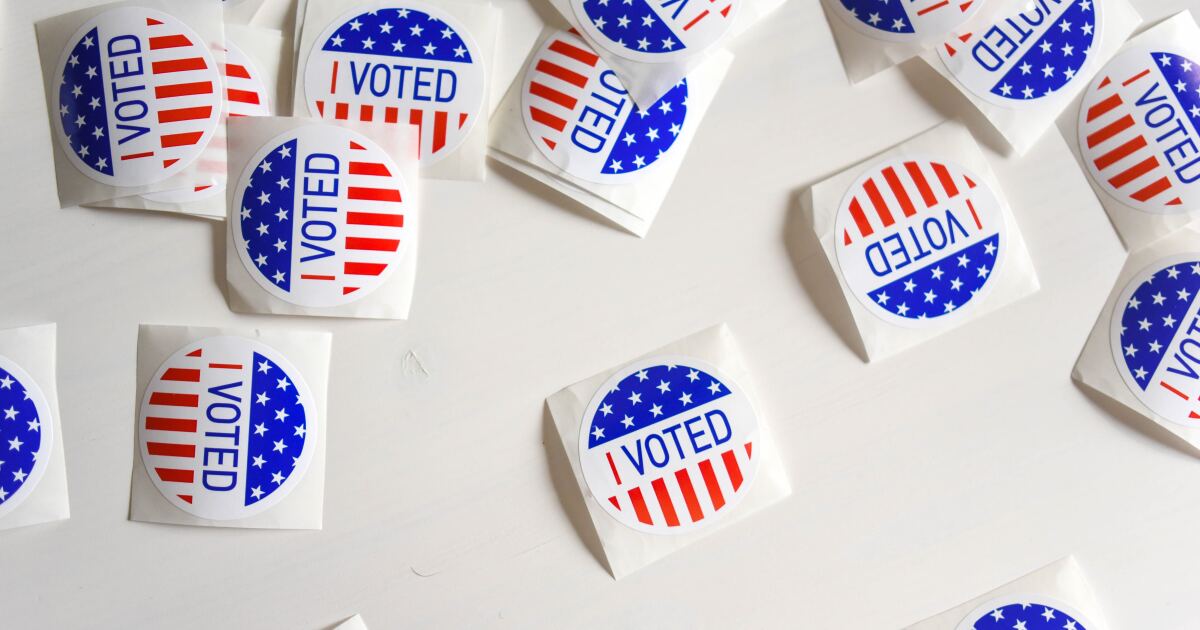Article Summary –
Michigan voters are increasingly concerned about their economic future, particularly due to President Trump’s tariff policies, which have led to higher costs for goods and increased economic uncertainty. A survey conducted by the Detroit Regional Chamber and Glengariff Group highlights that 71.5% of respondents are paying more due to tariffs, with many postponing major purchases, and a significant number worrying about job security in the automotive sector. The perception of Michigan’s economic outlook is divided along political lines, with more Republicans seeing the economy as being on the right track following Trump’s reelection, contrasting with Democrats’ more favorable views of the economy under President Biden.
Michigan voters increasingly express concern about the economy amid President Donald Trump’s ongoing trade wars, according to new survey results.
The Detroit Regional Chamber, along with research agency Glengariff Group, Inc., conducted a survey of 600 Michigan voters from Sept. 10-14, focusing on concerns over rising product prices and the impacts of tariffs and artificial intelligence on the economy. The margin of error stands at 4%.
Sandy Barauh, CEO of the Detroit Regional Chamber, pointed out that the poll highlights warning signs that threaten Michigan’s economic outlook and competitiveness.
Barauh stated, “Voter concerns are aligning with the economic risks Michigan faces due to global economic shifts, particularly as many livelihoods are tied to automotive and manufacturing sectors and trade with Canada.” She noted growing unease among Michiganders of all political backgrounds.
Since January, Trump has imposed, paused, and reduced tariffs on trade partners. The poll supports economists’ warnings that such tariff unpredictability creates uncertainty for businesses and consumers. Governor Gretchen Whitmer commented in September on the chaotic nature of national tariff policies affecting Michigan’s economy and jobs.
Facing high inflation and rising costs, most Michigan voters oppose tariff increases as Trump’s actions strain finances further. About 71.5% report paying more for goods due to tariffs, and 28.1% have delayed buying big-ticket items due to tariff-related price hikes.
The automotive industry is perceived as disproportionately affected by erratic trade policies. Automakers have incurred an estimated $10 billion in tariffs on Canadian and Mexican imports through October 2025, with the actual figure likely higher due to unaccounted tariffs on European, Asian goods, and materials like steel and aluminum.
Patrick L. Anderson from AEG stated, “Consumers and workers will shoulder part of the $10 billion cost, as automakers and suppliers cannot absorb it alone.”
Among surveyed voters, 31.3% in automotive-related jobs fear job loss, compared to just 13% of other workers.
Economic perceptions differ by political affiliation. The poll reveals 42.8% believe the economy is off track, while 42.4% of Republicans and independents feel it’s improving. Notably, Republican optimism about Michigan’s economy has surged 23.4% since September 2024, before a Republican president’s election. Under President Biden in May 2024, Democrats had a more favorable view of their economic status than Republicans.
—
Read More Michigan News









